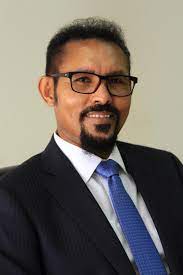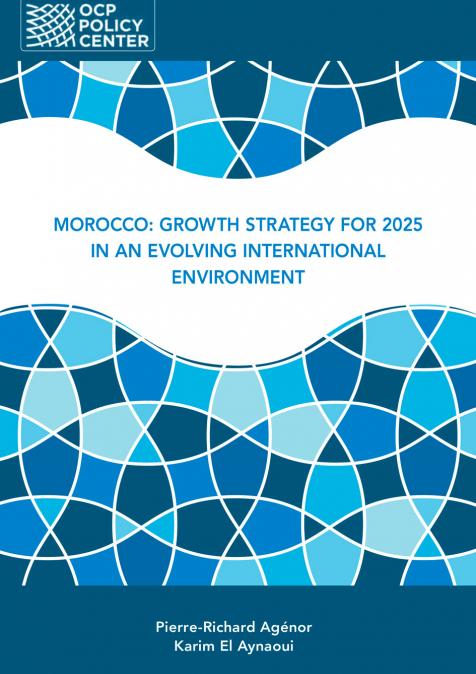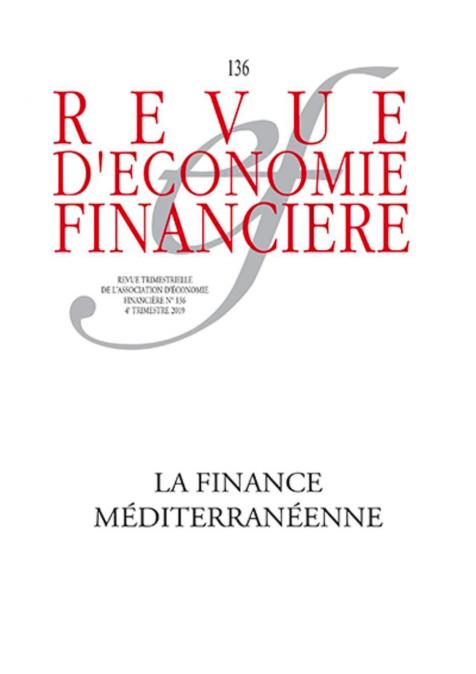In this episode, we interviewed Mr. Arkebe Oqubay Metiku, British Academy Global Professor, SOAS University of London around Africa's industrial policies and their impact on growth. We discussed key elements such as innovation, regional collaboration, sustainability, and intellectual property protection. Mr. Arkebe shared his insights on pivotal sectors like technology, manufacturing, and services, highlighting their role in driving economic prosperity. We also addressed how industrial policies foster collaboration among African nations through regional value chains. The episode touched on the complexities of a green industrial strategy, examining trade-offs between economic growth, environmental sustainability, and social equity.






